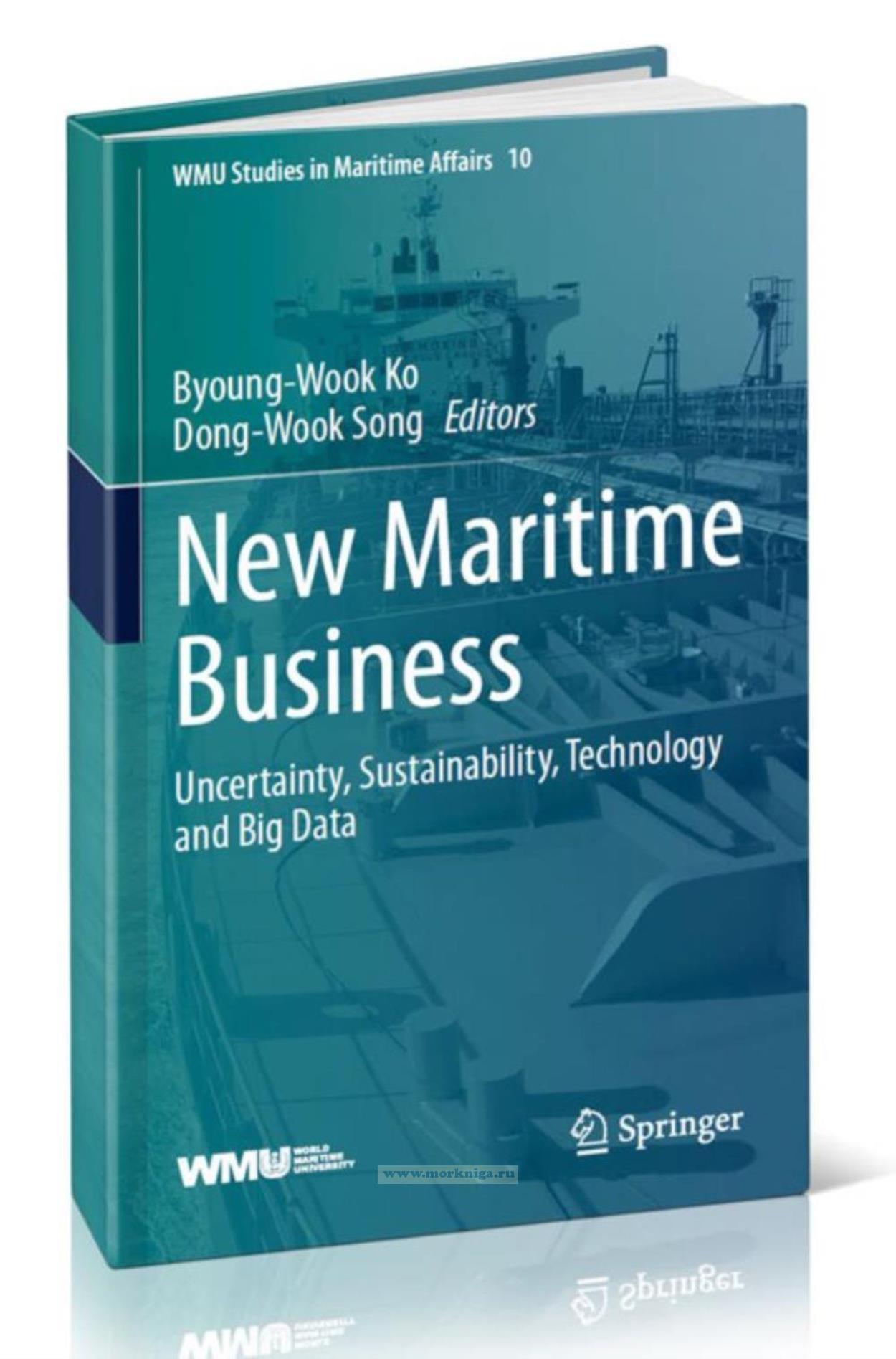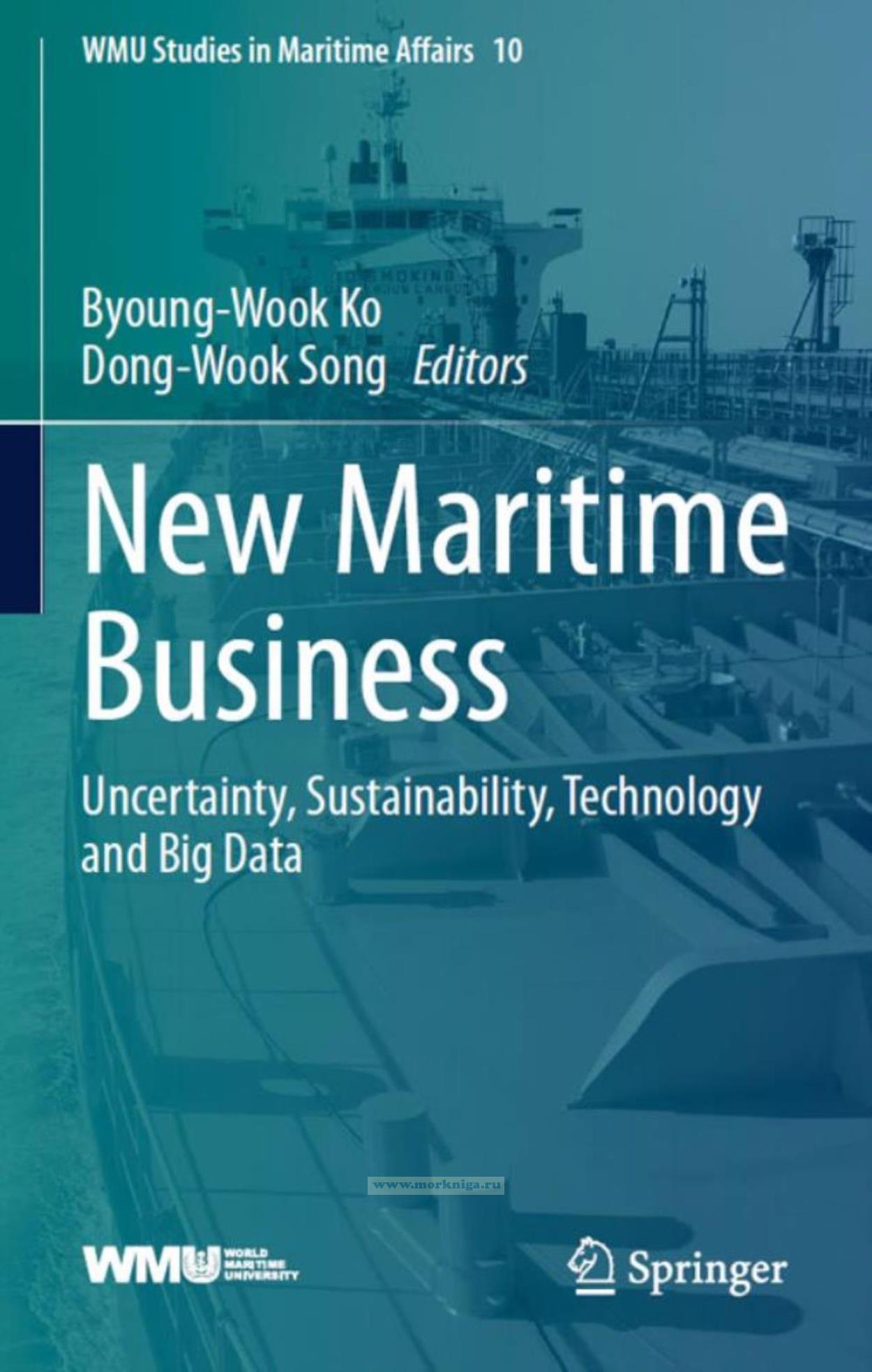Сб с 10 до 16
New Maritime Business. Uncertainty, Sustainability, Technology and Big Data/Новый морской бизнес. Неопределенность, устойчивость, технологии и большой объем данных
Издание на английском языке
Adaptability is all about the survival. This is particularly true in the business world including the maritime sector. Maritime business is volatile in nature, largely due to the fact that the supply side is clumsy: that is, less-responsive to unexpected demands, and relatively more time to take back to the right track towards a so-called equilibrium between demand and supply (Ma, 2020). This very nature of volatility becomes even more capricious and unpredictable by the currently ongoing pandemic, causing the maritime business world to be exposed to the greater uncertainty. Recent years will be definitely remembered a special or unprecedented incident by human history in terms of scale and impact on every aspect of human life. Throughout the history, however, human beings have been all the time seeking out a way to respond to the (un)expected challenges.
Contents
Introduction. Dong-Wook Song
Part I Recent Market Development
Volatility and Uncertainty in Container Shipping Market. Jasmine Siu Lee Lam, Qingyao Li, and Shuyi Pu
Containerships and Black Swans: The Impact of Disruptive Events on the Industry. Max Johns
COVID-19: Challenges and Future Responses in International Logistics. Sung-Jun Park and Eun-Soo Kim
Part II Decarbonization and Green Finance
Container Shipping Decarbonization Pathways. Pierre Cariou and Elizabeth Lindstad
Green Shipping Finance: Existing Initiatives and the Road Ahead. Manolis G. Kavussanos and Dimitris A. Tsouknidis
Part III Digitalization and Maritime Big Data
Maritime Digital Business Models: The Case of D/S Norden, 2015–2020. Martin Jes Iversen
Platform Revolution in Container Shipping Markets: An Economics Perspective. Byoung-Wook Ko
Liner Services in Asia’s Major Container Ports: Implications for Busan. Satya Sahoo
Part IV Technology and New Business Model
Research Developments and Debates Regarding Maritime Autonomous Surface Ship: Status, Challenges and Perspectives. Tae-eun Kim and Jens-Uwe Schroder-Hinrichs
New Business Models for Shipping: Innovation in the Netherlands. Albert W. Veenstra

